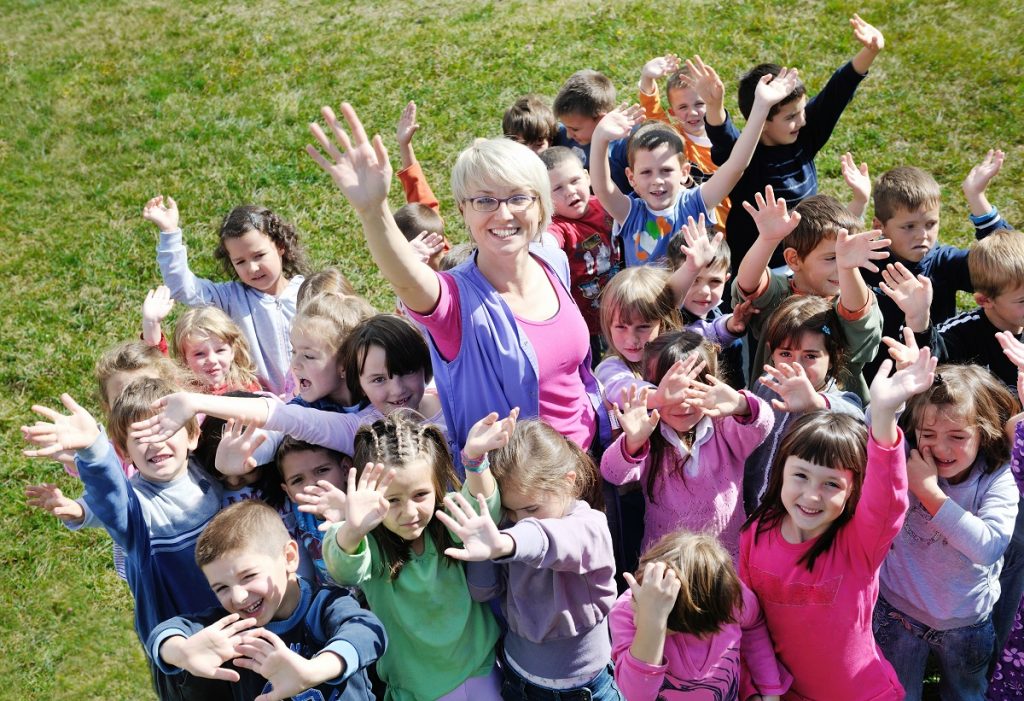There is a lot to be learned outside the classroom, and taking your class outdoors has tremendous cognitive benefits for the students. Aside from giving them a fresh, new environment, which curbs boredom, here are the other ways outdoor learning makes your pupils smarter:
It relaxes them and makes lessons more relevant
Research suggests that being with nature is a relaxing therapy. For one, being exposed to the sun boosts the production of Vitamin D, which not only strengthens bones, but also relaxes blood vessels, improving blood flow. It also boosts the mood, helping in dispelling the occasional tantrums of younger students. This soothing therapy that nature provides is crucial given that students are almost always stressed out with the routine activities and school demands.
Interaction with nature, of course, allows pupils to see for themselves the things you talk about inside the classroom. What better way to make science lessons real than letting them observe the clouds and identify whether one is cirrus or cumulonimbus. Make your school facilities equipped for such interactions with nature. Install school shelters’ canopies that would provide needed shade and weather protection for the students. Kensington Systems Ltd noted that this could avoid inconveniences in outdoor learning and at the same time, give parents peace of mind that their children are well protected from the sun even when classes are held outside classrooms.
It gives them more sources of inspiration

If your class is not motivated to write stories or make art pieces, chances are they are stuck in a creative rut. They may have run out of sources of inspiration either because there is no new thing in the environment they are in or in their experiences. Taking your class outside for a half an hour or so could expose them to a new space and offer other opportunities for exploration and experience. If you are having a lesson on characterisation in fiction writing, for instance, gather the class outside, and draw writing prompts from what they see outdoors. An open space will open up their imagination, for sure.
More than letting your students look at what is outdoors, organise activities that would let them really explore. Sensory experience is important for students, especially the younger ones, allowing them to be more imaginative and creative so give them the opportunity to feel the leaves or touch the soil in your school garden, if possible.
It makes them more focused
Outdoor learning involves moving around a lot, and physical activity is linked to better academic performance. It makes students more alert in class and therefore, engaged in discussions. Of course, you have to be purposeful when it comes to children’s physical activities. Do not let them just roam around. Organise icebreakers related to your lessons, so children can easily remember as well what you are discussing. Prioritise involving all of your students in activities, so everybody is able to move around and participate.
Again, there are lots of other things your pupils can learn, re-learn, and unlearn outside the classroom. Make time for outdoor learning, and you would be producing smarter kids.

